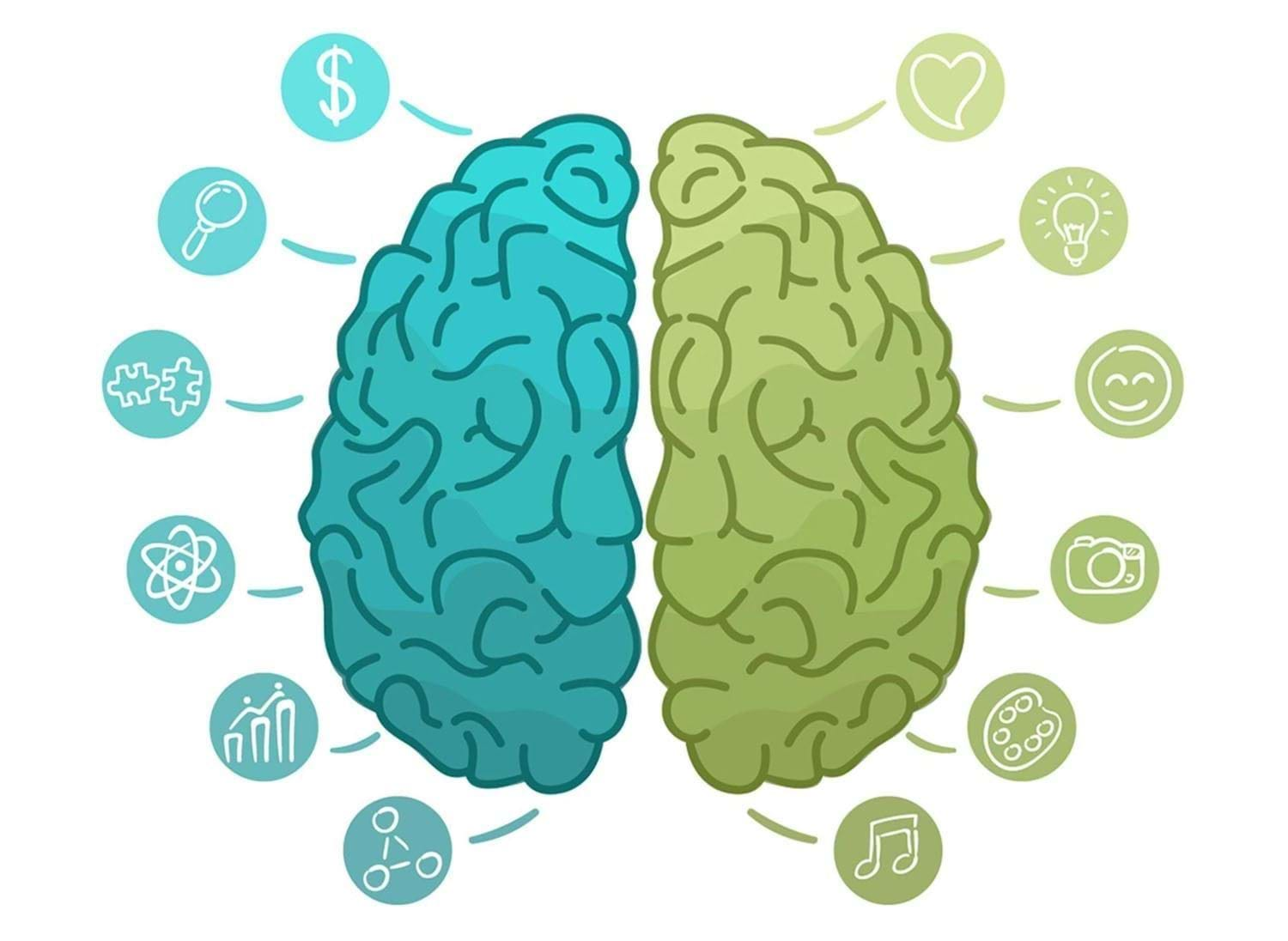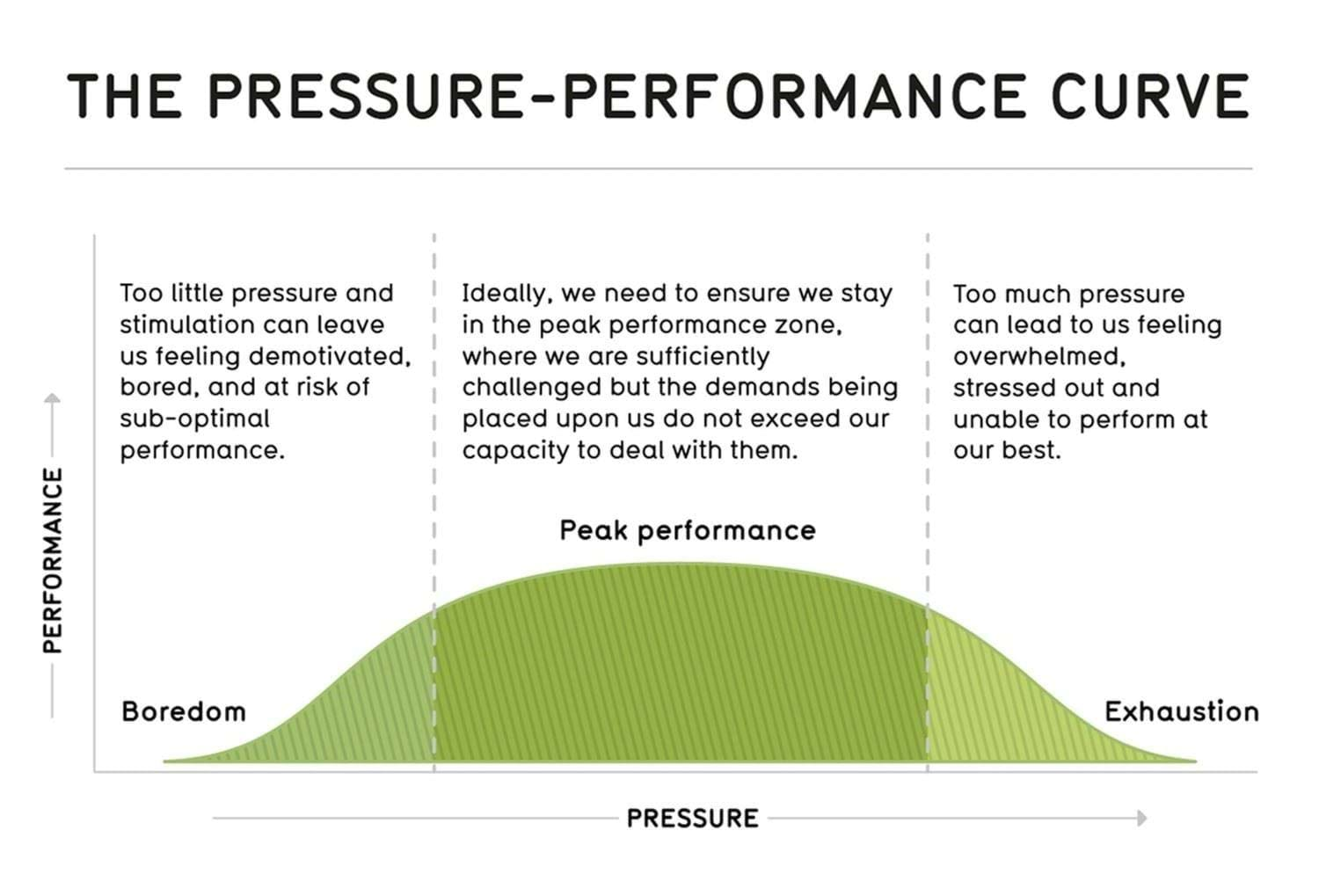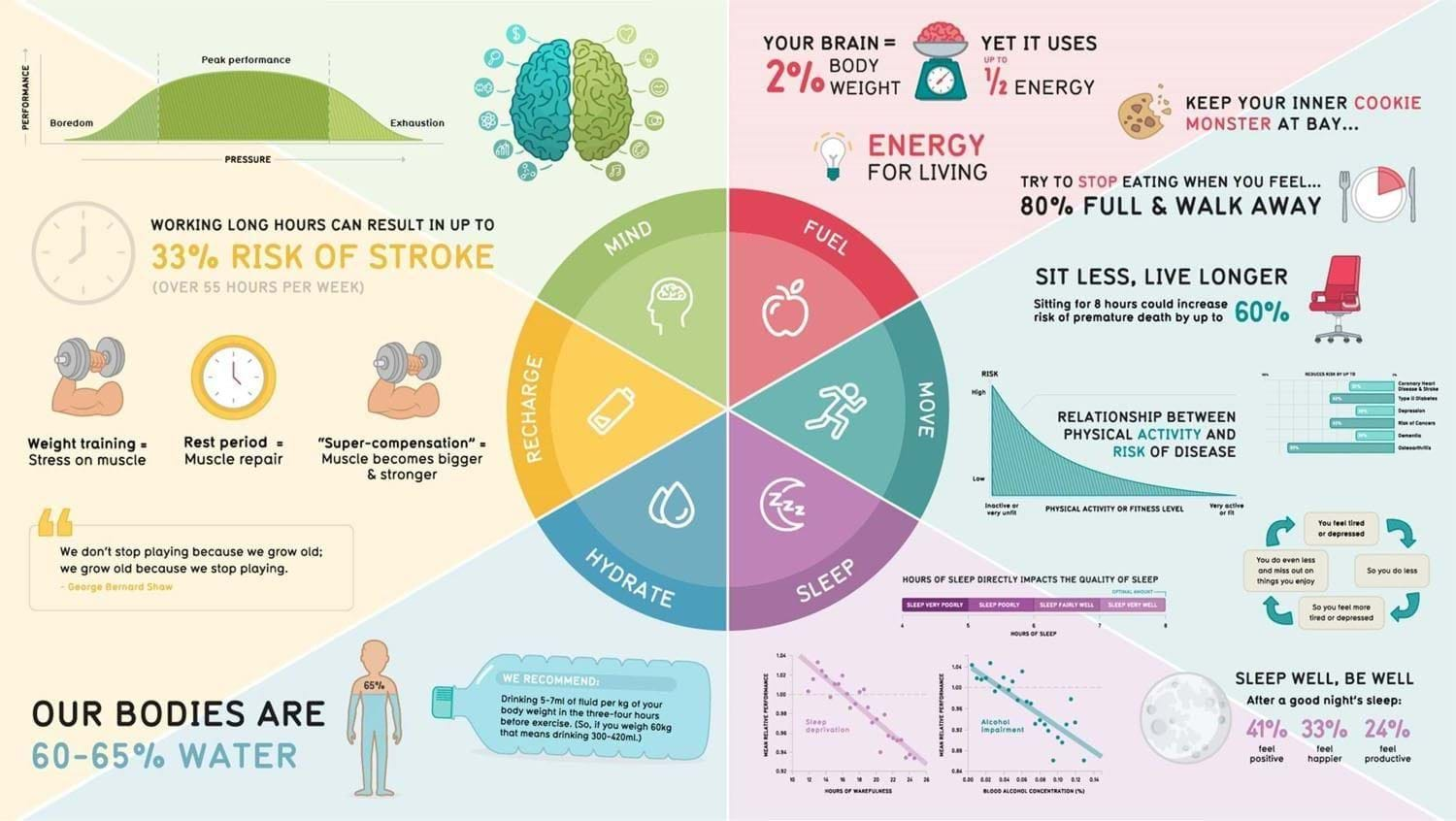Ways To Help You De-stress & Unwind

Stress can impact us in many ways—physically, emotionally, and at different levels of intensity. During tough times, it's common to feel anxious, worried, or even isolated, especially if you're staying at home. That's why it's more important than ever to take care of your mental health. It's okay to have these feelings, and don't hesitate to seek support if you need it.
Here are some things you can do right now to help manage your mental wellbeing:

- Talk to Someone
Talking to someone—a family member, friend, or even a helpline—can be a great way to relieve stress. It can be really tough to practice social distancing or self-isolation, especially if you're feeling alone. Don’t hesitate to pick up the phone and call someone when you need some company. Staying connected is crucial during these times. If you're struggling, don’t be afraid to ask for help.
- Limit the News You Consume
It’s easy to fall into the habit of constantly checking the news for updates, but if you find it’s adding to your stress, try limiting your news intake to once or twice a day. Stick to reputable sources for accurate, reliable information on the coronavirus and follow the guidance of health and government officials. Avoid speculation or rumors that can cause unnecessary anxiety.
- Take a Moment to Breathe
When emotions are running high, a few deep breaths can help calm your mind and reduce anxiety. Slow, deep breaths activate your body’s relaxation response, helping you feel more centered. Try box breathing: close your eyes, breathe in for 4 seconds, hold for 4 seconds, breathe out for 4 seconds, hold for 4 seconds, and repeat. It’s a simple yet effective way to de-stress.
- Do Things You Enjoy
Make time each day for activities you love—whether it’s dancing, reading, cooking, or something else that makes you happy. Doing things you enjoy helps take your mind off stress and brings joy into your day. Whether it's painting, journaling, or completing a jigsaw puzzle, find something that makes you feel good.
- Get Physically Active
Taking care of your physical health is just as important as your mental health. Exercise has been shown to release feel-good endorphins that boost your mood and help reduce stress. Try one of our free home workouts to get moving and feel better.
The strategies listed above can help you manage stress in the short-term. For long-term stress relief, building resilience is key—and the good news is that resilience is something you can develop with practice.
How to build resilience to stress

###To build resilience, keep in mind the 8 Ps of Resilience:
- Permanence
No matter how tough things may seem right now, remember: this too shall pass. Challenges are temporary.
- Pervasiveness
Don’t let one area of your life overwhelm the rest. Stay focused and don’t let stress in one part of your life spill over into other areas.
- Personalization
Don’t let a tough situation define how you see yourself or impact your self-esteem. You are not your challenges.
- Passion
Find something that ignites passion and meaning in your life—whether it’s at work, in hobbies, or in relationships. Purpose fuels resilience.
- Positive Mindset
Look at the bigger picture, and try to see the glass as half full. Acknowledge both the positives and the negatives. Keeping a gratitude journal, where you write down three things you’re thankful for each day, can help lower stress and build resilience. Research shows that helping others can increase happiness, so consider reaching out and lending a hand to someone else.
- Prioritization
Distinguish between what’s truly important and what’s urgent. Learn to prioritize and focus on what matters most.
- Problem-Solving
Break down complex problems into smaller, more manageable pieces. Think creatively to find solutions.
- Avoid Perfectionism
Under stress, “good enough” is often perfectly fine. Let go of the need for perfection and accept that sometimes done is better than perfect.

Adapting your lifestyle with these changes can help protect you from both physical and mental burnout.
- Maintain a Healthy Work-Life Balance
When working from home, it’s especially important to stick to a routine that includes regular breaks to recharge and stay productive. Avoid working from your bedroom to help minimize the risk of disrupted sleep.
- Get Enough Sleep
Taking a short nap—no longer than 20-30 minutes in the afternoon—can boost your energy and productivity.
- Eat a Balanced Diet
Eating a nutritious diet and limiting caffeine can help stabilize blood sugar levels, reducing feelings of irritability and anxiety.
- Keep Things in Perspective
When you're under extra pressure, it's easy to let small things trigger stress. Try to step back and look at the bigger picture to keep things in perspective.
- Build Healthy Relationships
Invest in relationships and create a strong support network. Don’t hesitate to ask for help early if you need it.
- Set Goals
Short- and medium-term goals help you stay focused and prioritize your tasks as you work toward your long-term objectives.
- Keep Your Mind Active
Take on a new challenge or learn a new skill. Research shows that new experiences can help you feel like time slows down, keeping your mind engaged and sharp.
Everyone needs to slow down and put themselves first from time to time. Try to incorporate some of these tips into your routine to help manage stress and keep your mind and body in a healthy balance.
 All blog posts
All blog posts

